Alright – so today we’ve got the honor of introducing you to Anya Overmann. We think you’ll enjoy our conversation, we’ve shared it below.
Anya, thanks for taking the time to share your stories with us today So, let’s start with a hypothetical – what would you change about the educational system?
The US public educational system is abysmal. Fascist movements tend to succeed in societies where the general level of education is poor, and people are struggling financially or otherwise to the point that they feel too hopeless to change anything about our education system. That is what is happening in the US: fascism is overtaking our systems. That’s why we are seeing a push for banning books, privatizing education, and teachers leaving education in droves due to lack of pay. Not to mention – children in the US risk being killed or injured by going to school these days. It’s not safe.
US education is woefully ill-equipped to educate children about Black history, Indigenous history, queer history, disabled history, or any meaningful knowledge of the world outside the US. The education that US children do receive is whitewashed and US-centric. It does not prepare students to have a nuanced understanding of the world.
What I would change about education in the US is making education universally accessible to all – from preschool through post-secondary education. Studies show that the more accessible education is to the lowest common denominator, the better that society does overall. It is also important not to allow classism to interfere with education. Privatizing education only creates more division between the rich and the rest.
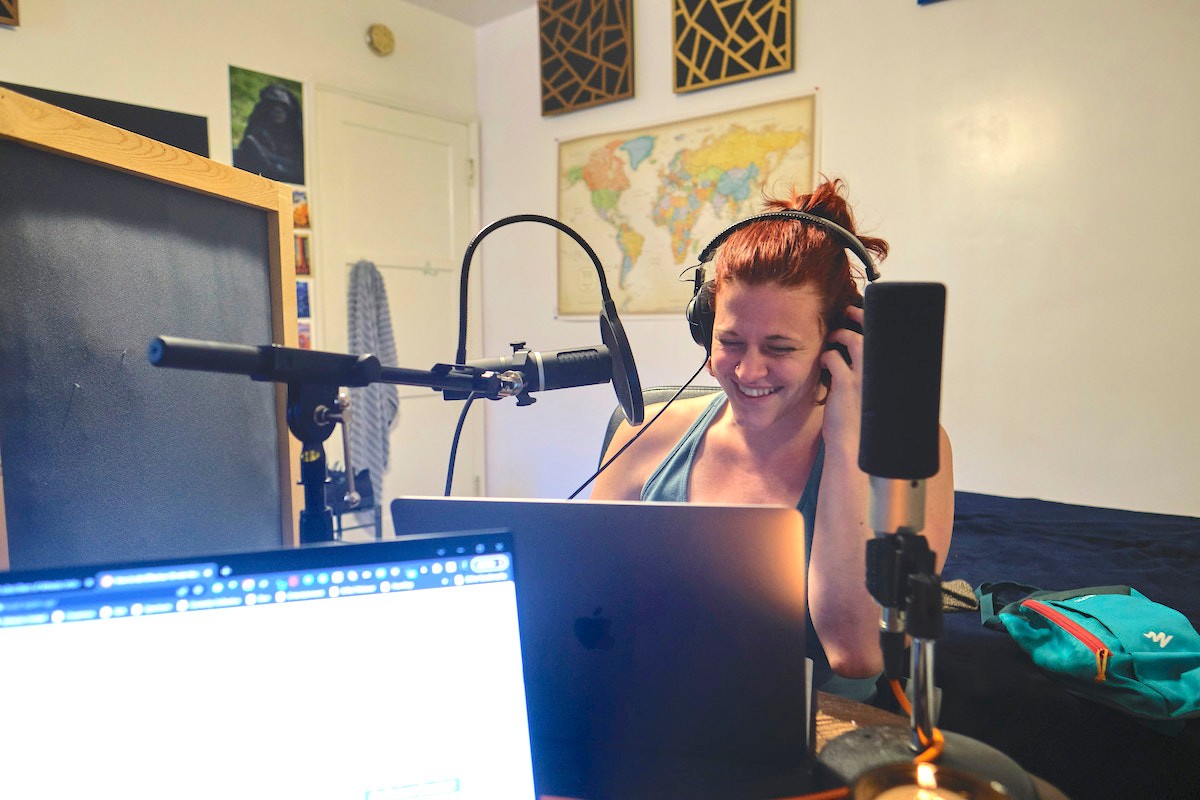
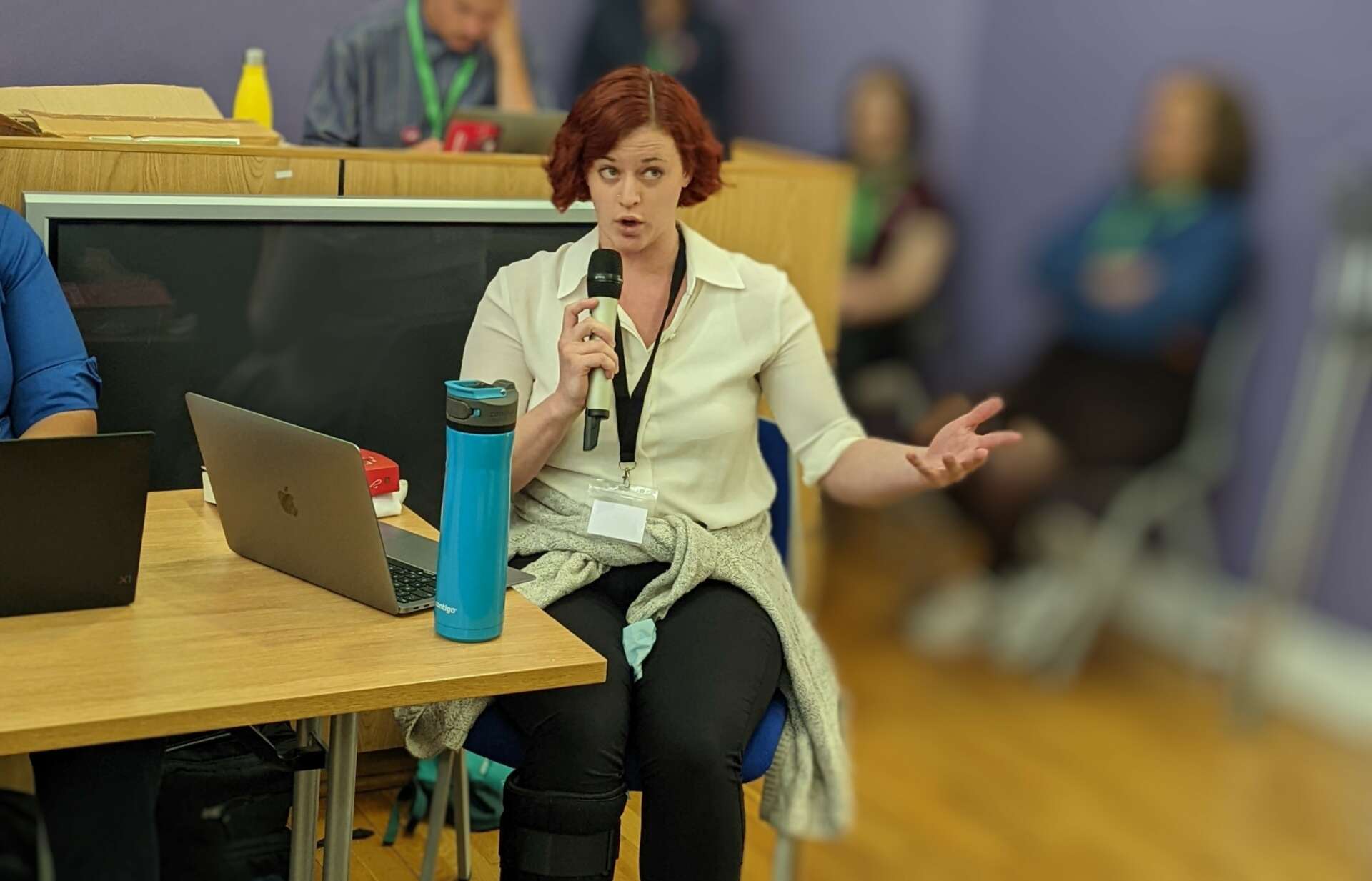
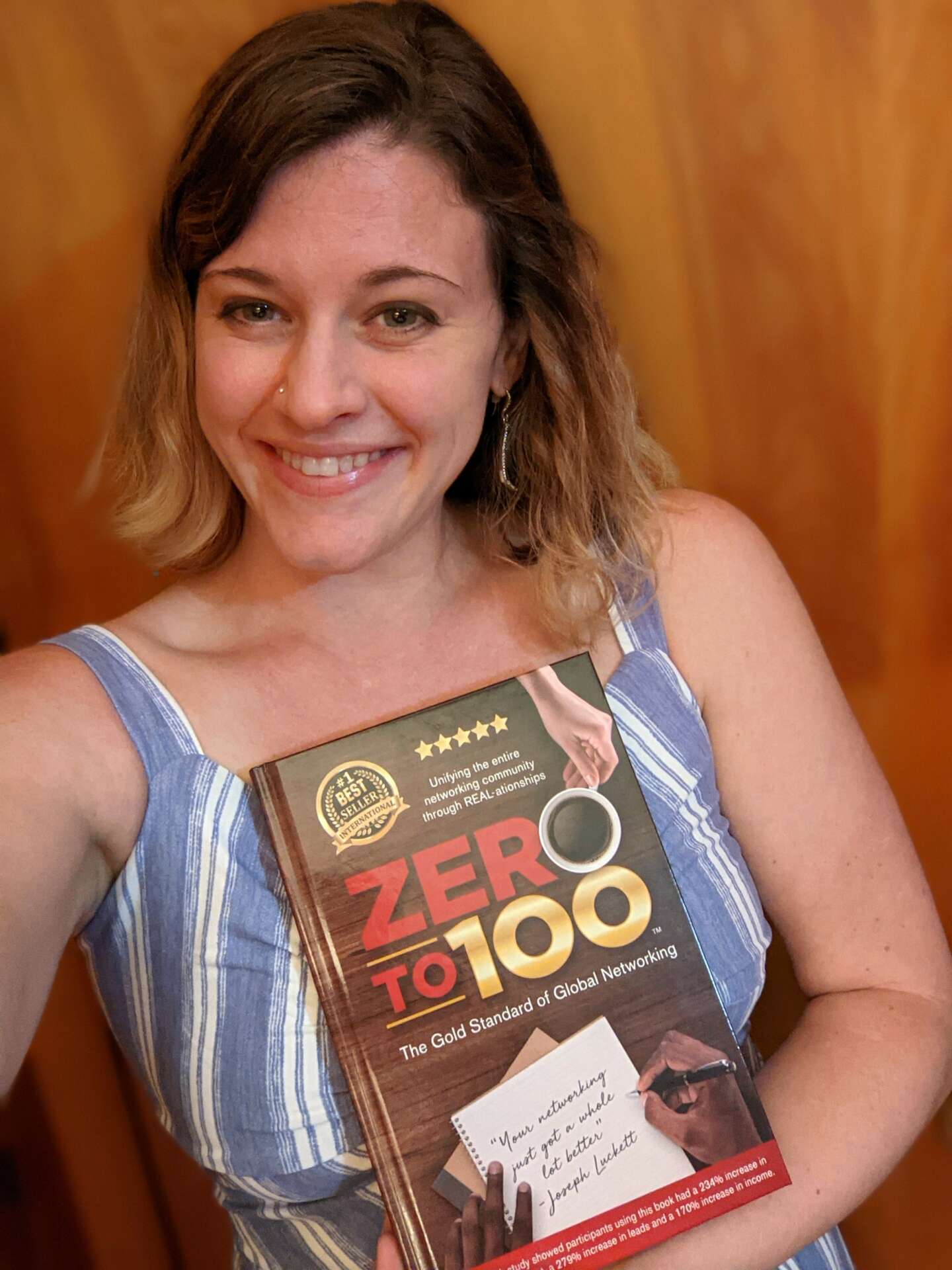
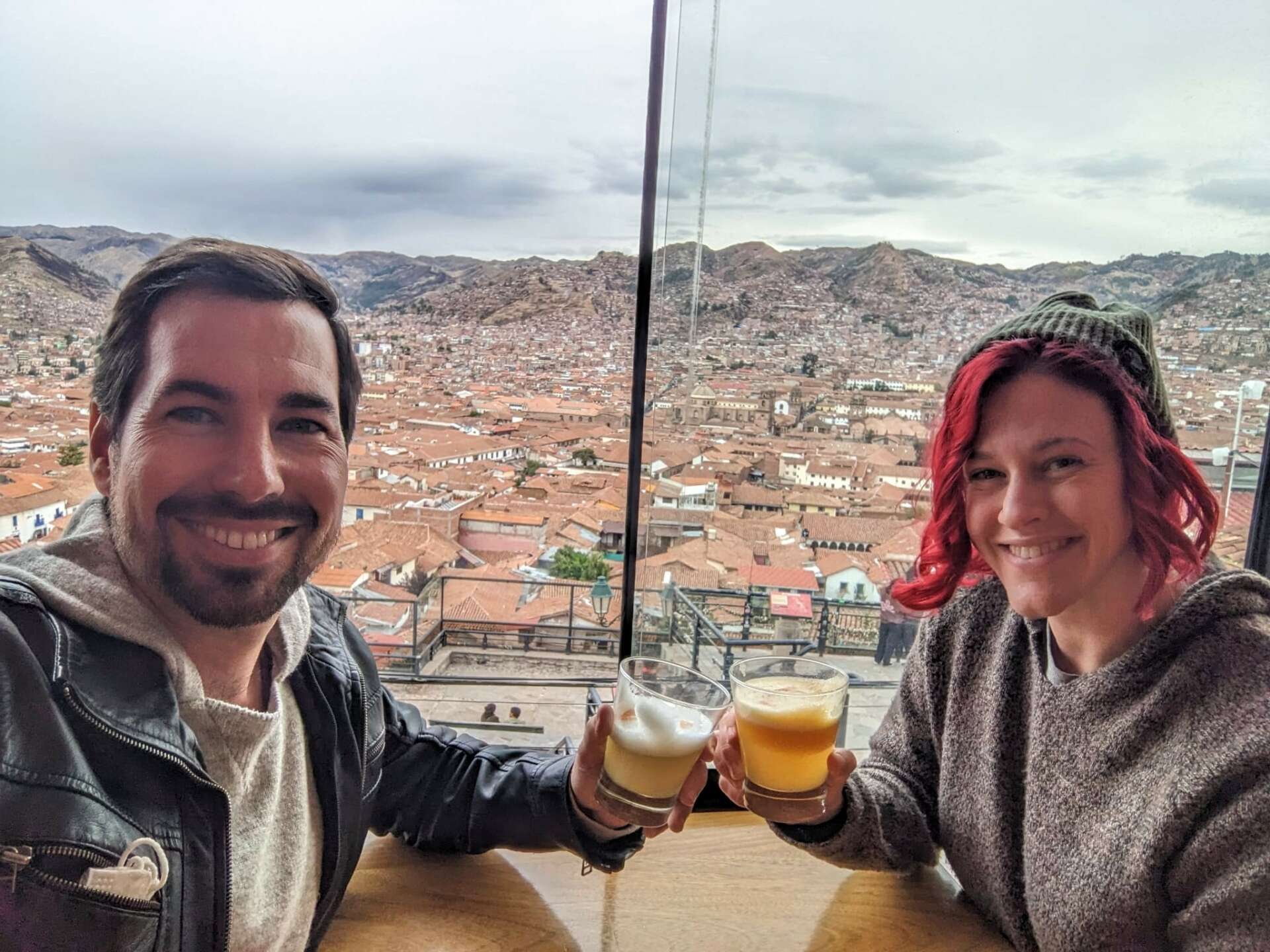
As always, we appreciate you sharing your insights and we’ve got a few more questions for you, but before we get to all of that can you take a minute to introduce yourself and give our readers some of your back background and context?
I’m an independent writer and consultant who works on a contract or fractional basis. I provide business writing services like website copy, email copy, blog writing, and messaging consulting, and I provide ghostwriting and editing services for authors. My partner and I also provide web design services. My life looks pretty different than most writers. I’m a digital nomad who has been living around the world and working remotely since August 2020. I’ve been to over 20 countries on five continents, and my Spanish is decent enough to consider myself a clumsy bilingual. I’m also an activist with over a decade of experience in work to create and influence progressive change. I work with mostly humanist and secular groups across the world doing speaking, podcasting, writing, organizing, governing, and service work.
Also unlike many writers, I bring my qualities as an activist to all my writing engagements. Many people have great ideas and thoughts but struggle to communicate them in a way that resonates with the people they want to reach. I like to challenge people – to help them think from different perspectives so I can capture their thoughts in a way that will be meaningful and ultimately have impact.
I have worked as the ghostwriter for two books that became best sellers – one is an international best seller. That’s one of my proudest accomplishments. I’ve also helped nearly 100 businesses improve their messaging. But despite my professional accomplishments, I’m most proud of the work I do as an activist. I advocate for decolonization and universal access to basic human rights – safety, shelter, utilities, food, healthcare and public health standards, education and childcare, and freedom of movement.
I don’t make my progressive values a secret. I’m pretty explicit about them on my website (anyaovermann.com), in my writing, and on social media. Businessowners with more conservative values have told me that espousing my political values is bad business practice. I disagree. It is a bad business practice to appeal to everyone rather than niching down – and my niche is helping people who share my values. (And why would I want to help someone whose values enforce inequality or even bigotry gain clarity with their messaging?)
As a digital nomad, I also take a strong stand on ethical travel. We live in a world where most people don’t have the privilege to move freely due to financial constraints and/or diplomatic constraints (visas). In a world where I do have that privilege, it is important for me to educate others with those privileges about how our travel impacts oppressed peoples and the earth. You can hear more about that on my podcast The Nomadic Humanist (nomadichumanist.com).
Learning and unlearning are both critical parts of growth – can you share a story of a time when you had to unlearn a lesson?
One of the hardest lessons I had to unlearn was “if you just work hard enough, you will be successful.”
I grew up as a Millennial who did all the right things that my teachers and parents told me to do: I got good grades, I filled my time with extracurriculars, I went to college for a degree, and I worked HARD. I worked so hard that I graduated college a year early. But after college, I still struggled with my hard work not paying off. I often found myself working long hours after having taken initiative on a project to “prove myself” and without ever making much money. Like many people, I worked multiple jobs and struggled with burnout.
It took me a long time to realize that in our culture, hard work isn’t rewarded, it’s exploited. It wasn’t until after a boss with who I’d been working part-time as a content writer took me on full-time and then didn’t pay me for five weeks that I realized I was experiencing exploitation. Not only did he not pay me, but he continuously lied to me about when I would receive my paycheck – and even promised to double my salary for the pay periods for which he had delayed payment as an act of contrition. Then – he went dark. I reported him to the US Department of Wage and Labor, and they quickly gave up after they couldn’t contact him either. After that, I had no desire to work for anyone else. I wanted to be my own boss. So I did, and I started my writing business in 2015.
And even then, when I began working for myself, I put in long hours filling my time with work because I thought I HAD to in order to be successful as an independent contractor. I was so indoctrinated by productivity culture – “the grind” – that I exploited my OWN time as a new business owner. Even I was so conditioned that I didn’t know how to be a better boss to myself.
“Work smarter not harder,” along with meeting my partner who is a very efficiency-driven business consultant, were pivotal for shifting the way I value my time and efforts. I am now much more discerning with how much I work, and I’m a much stronger advocate for myself now. I negotiate much higher contracts than I ever have because I’ve started to really understand the value I provide.
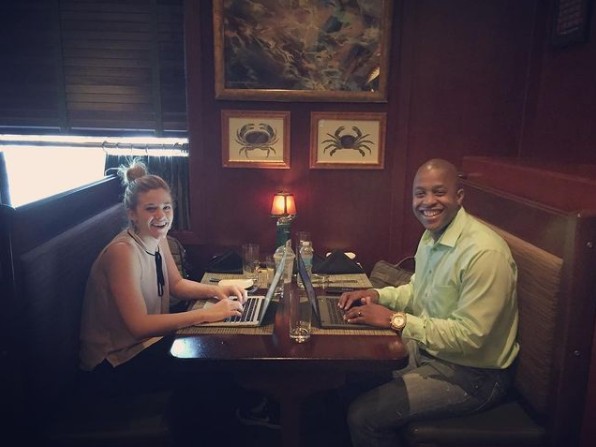
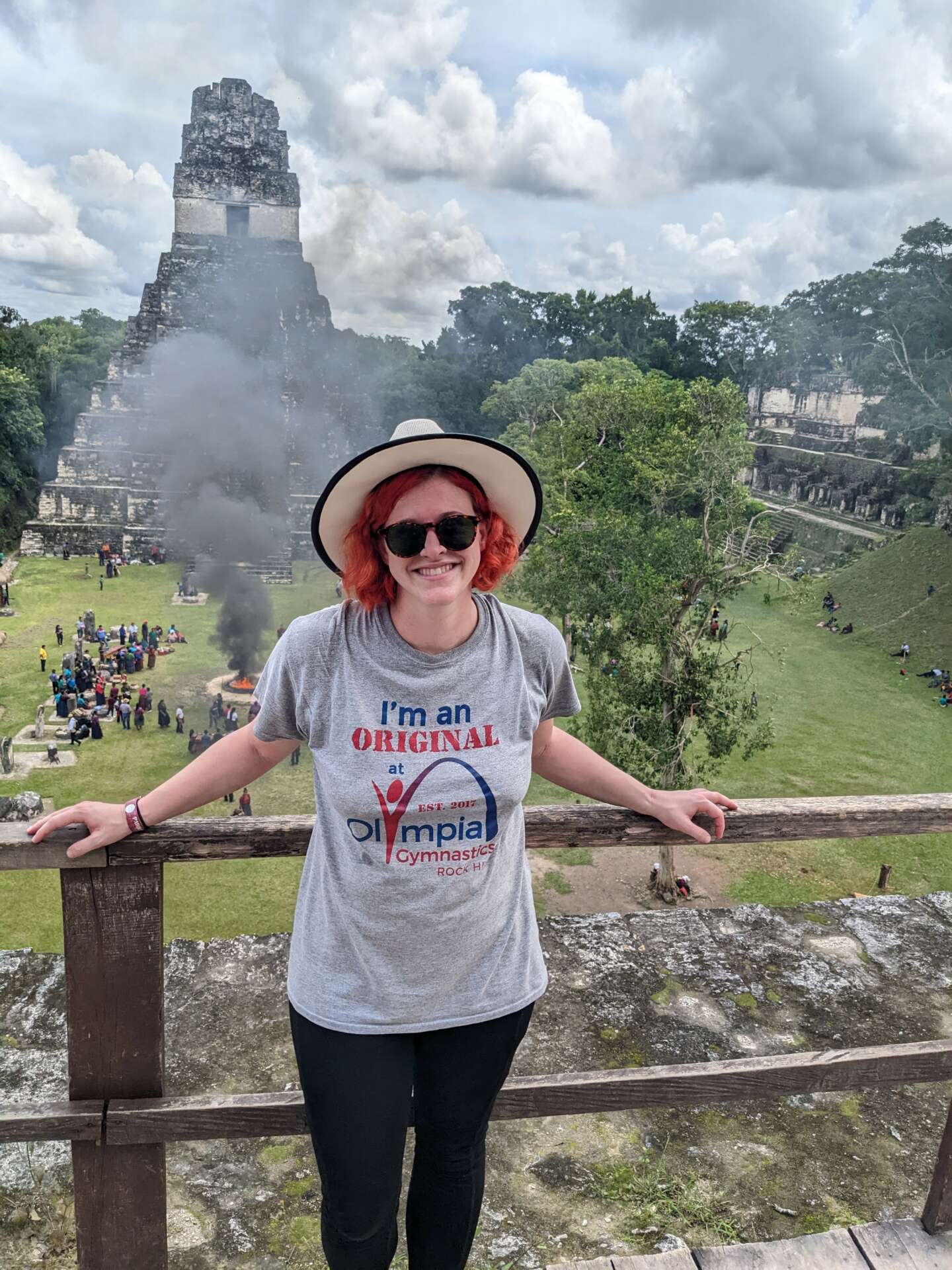
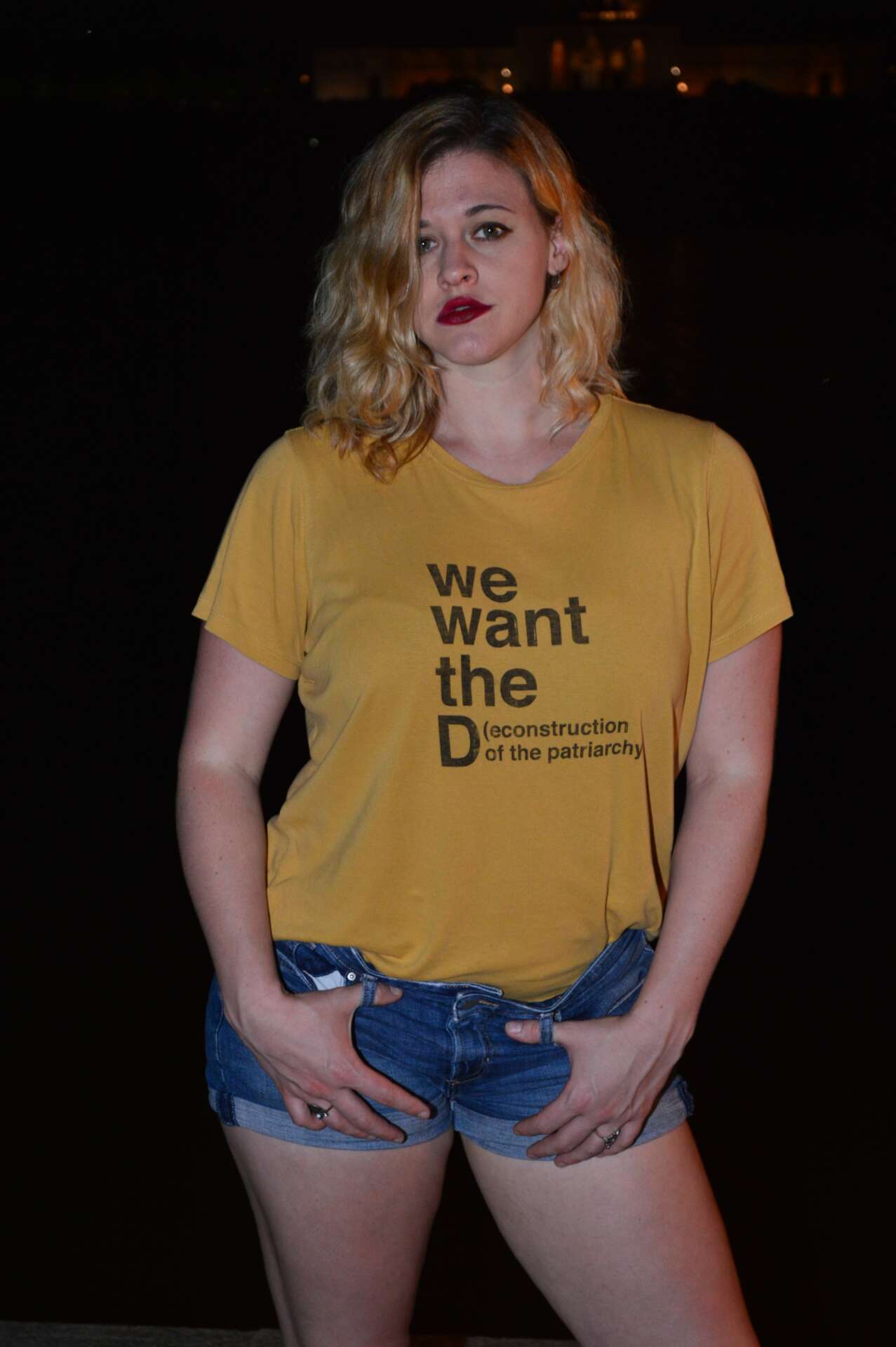
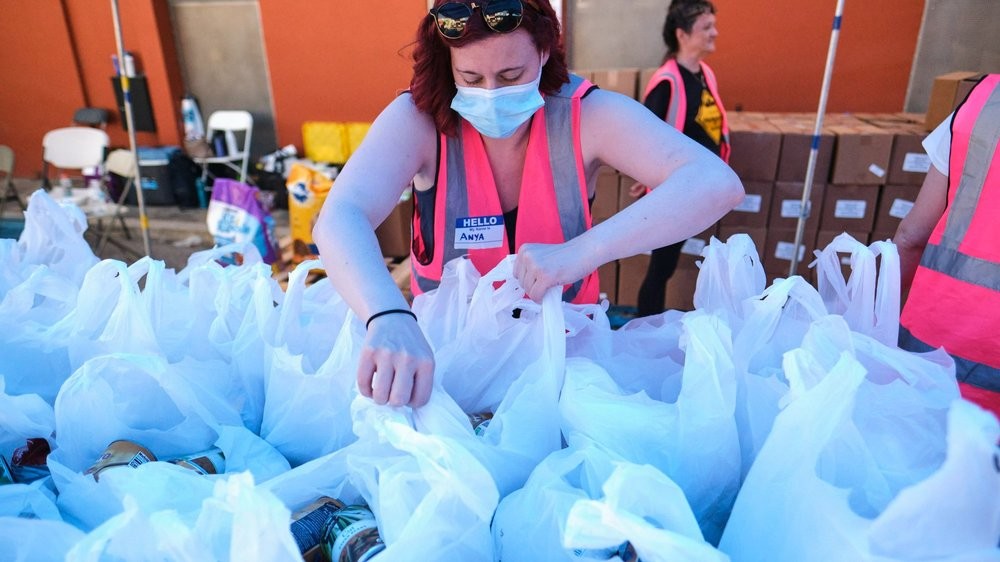
What do you find most rewarding about being a creative?
It took a long time for me to view what I do as “creative work.” I think because writing in business is so commoditized, I fell into thinking of what I do as a “service.” And like many Millennials, I have been infantilized by older adults well into my adulthood. Now I’m 30, and part of me still feels like I have to prove that I’m an adult. I think in my pursuit to prove that I’m an adult and a professional, I may have begun reducing the work of producing from imagination as “childish.”
Only recently have I begun to see myself as a creative – as someone who really leverages her imagination to produce incredible work. The most rewarding aspect of being a creative is that the more I embrace my imagination, however childish it may or may not be, the more it opens up for me to create even more. When I keep the imagination faucet on, I catch a lot of amazing thoughts and ideas.
Contact Info:
- Website: anyaovermann.com
- Instagram: @anyaovermann
- Facebook: https://www.facebook.com/anyaovermannllc
- Linkedin: linkedin.com/in/anya-overmann/
- Other: Podcast: nomadichumanist.com Medium: medium.com/@alogenius33 OnlySky: onlysky.media/author/anyaovermann/


